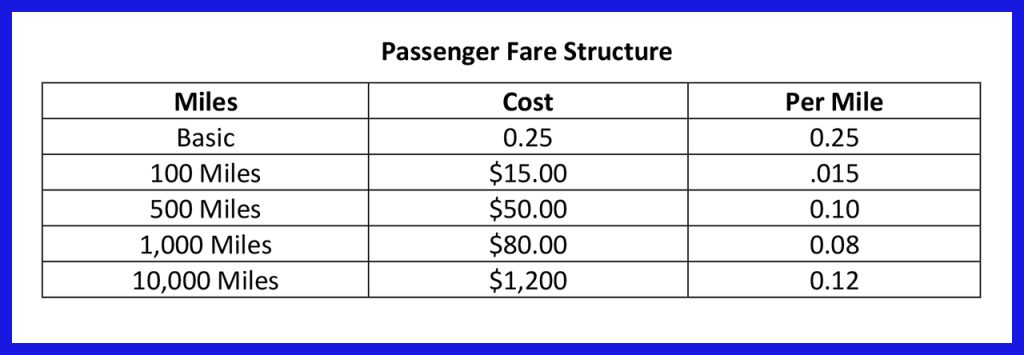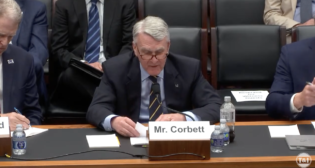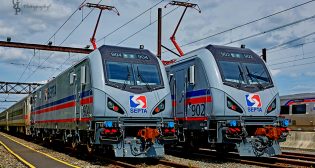
A New Pricing Plan for Commuter Railroads?
Written by Howard SpokaneWhile I do not have hard facts on what the long-term impact on COVID-19 will be on downtown office workers, we know the long-term trends are unfavorable.
- Consolidation of firms has reduced the number of total companies employing office workers.
- Automation has reduced the amount of office workers needed to do the same amount of labor. This trend is likely to continue.
- COVID-19 has amplified a trend to have many people work from home. Even if office workers return to the office, they may not do so five times a week. Commuter railroad fares are priced-based on a five-day work week and travel to and from downtown metropolitan areas.
So now what?
The railroads’ initial success has been based on being the low-cost provider. Thus, the secret of dealing with the new market conditions means revamping how a passenger railroad prices its services. Since fixed costs do not increase if a railcar is 20% full or 90% full, it pays to fill them up. And finally, it pays to price the service in such a way that the more a person uses it, the more money they save.
Below is a summary of a new pricing structure that would encourage people who do not work a five-day week to travel on commuter railroads. The legal environment may mandate discounts that could be applied as a percentage reduction of the total price.

A special farecard that might have GPS deducts actual mileage used. The farecard must be functional at all times when on a train. It could be an app on a cell phone. Severe criminal and civil penalties are assessed for violators. The farecard is scanned when entering a train platform, like validating a ticket, and scanned when exiting a platform. This starts the mileage counter and stops it. All riders must have their own farecard. This system would do away with onboard fare collection and would make it as easy to hop on a train as it is to hop in a car.
Rules of Usage:
- Miles must be used within one year of purchase.
- You can transfer any of your miles from your card to anyone else’s card of your choosing.
This structure would dispense with Monthly, Weekly and 10-trip passes. Also, peak train pricing would be done away with. Emerging trends will probably make the concept of peak pricing obsolete.

Howard Spokane is a Class I train dispatcher who handles Metra commuter trains. He is also an independent researcher in the field of railroad history. Some of his research led to this proposed idea on repricing passenger service.



